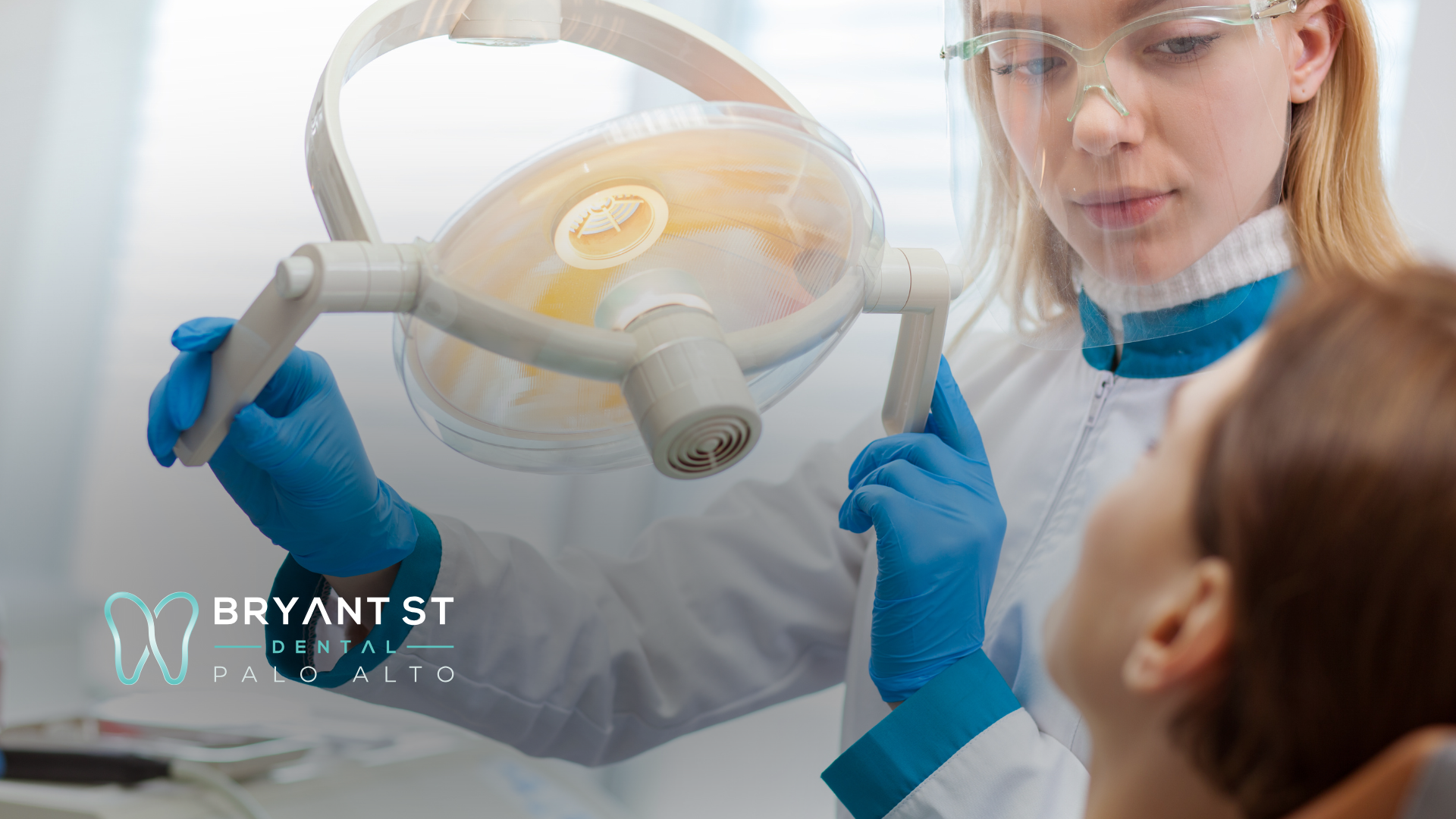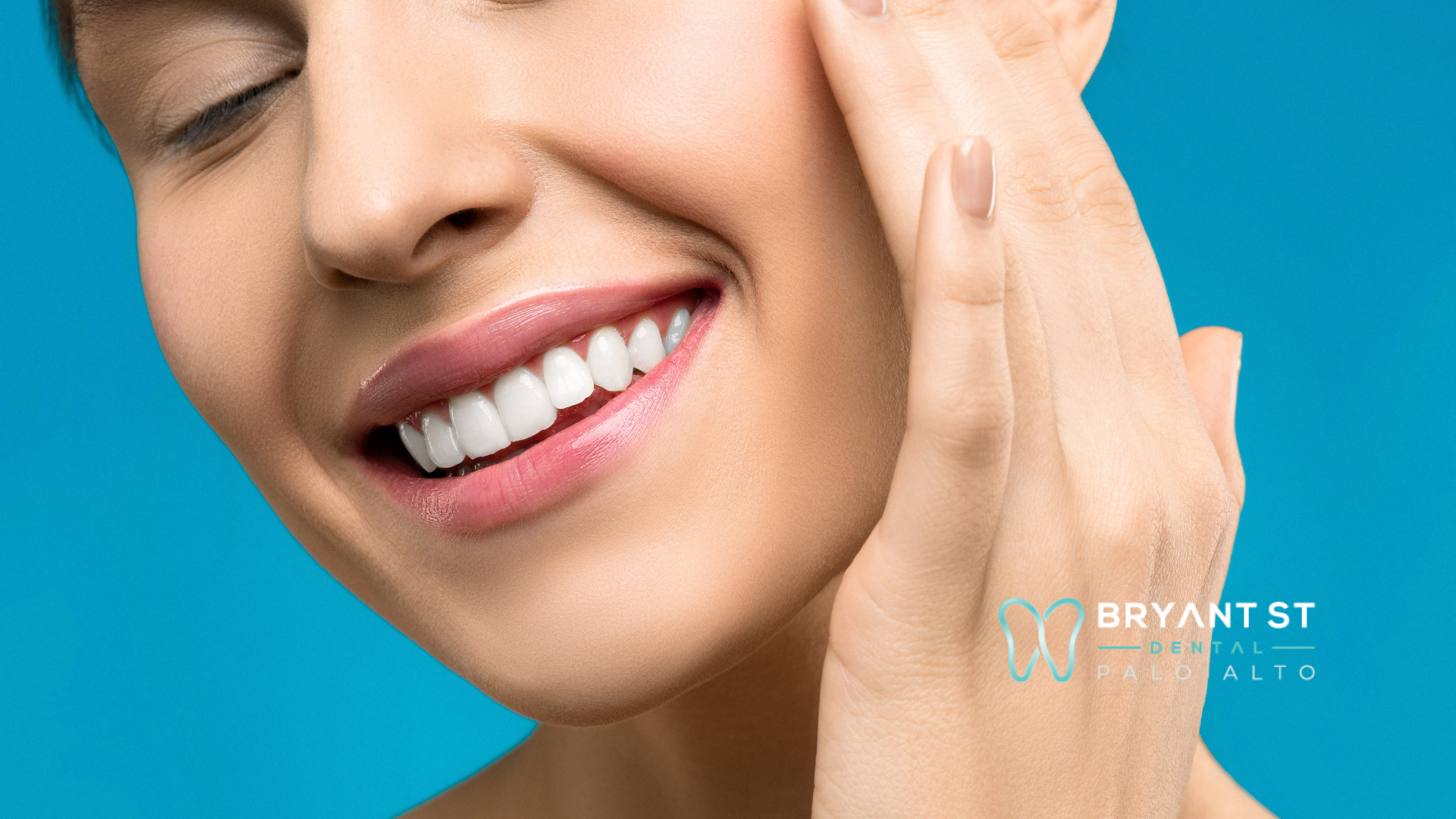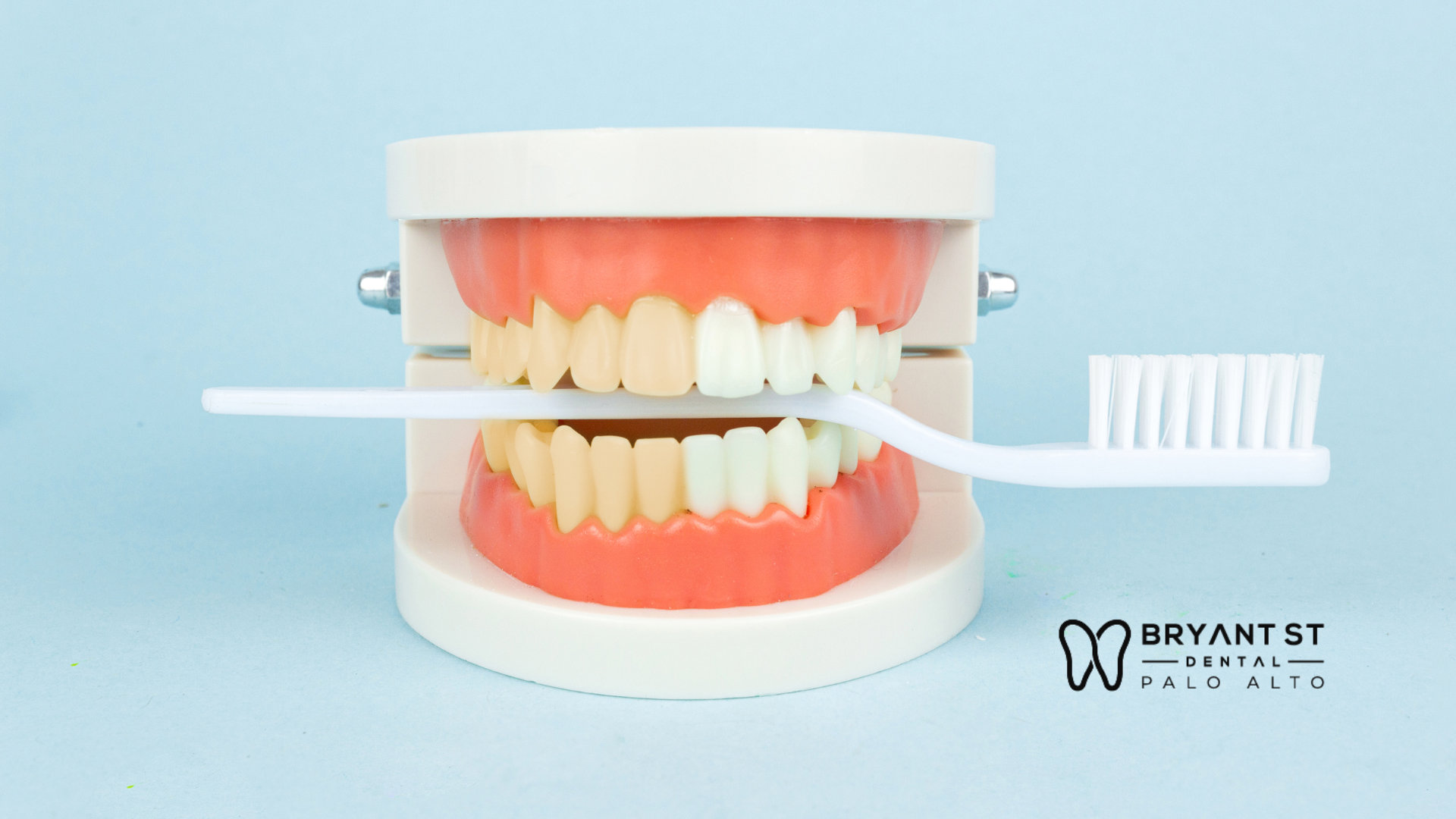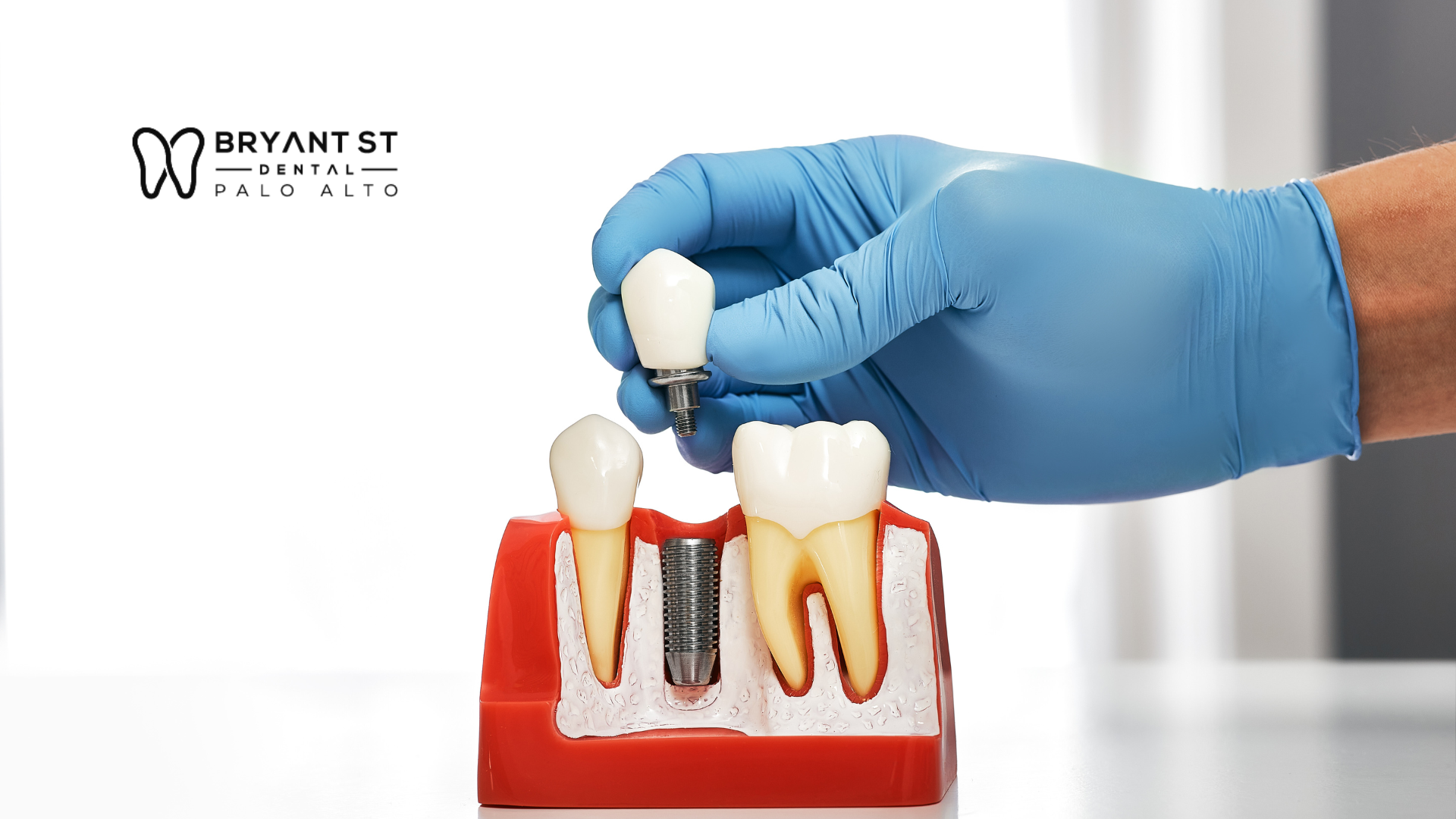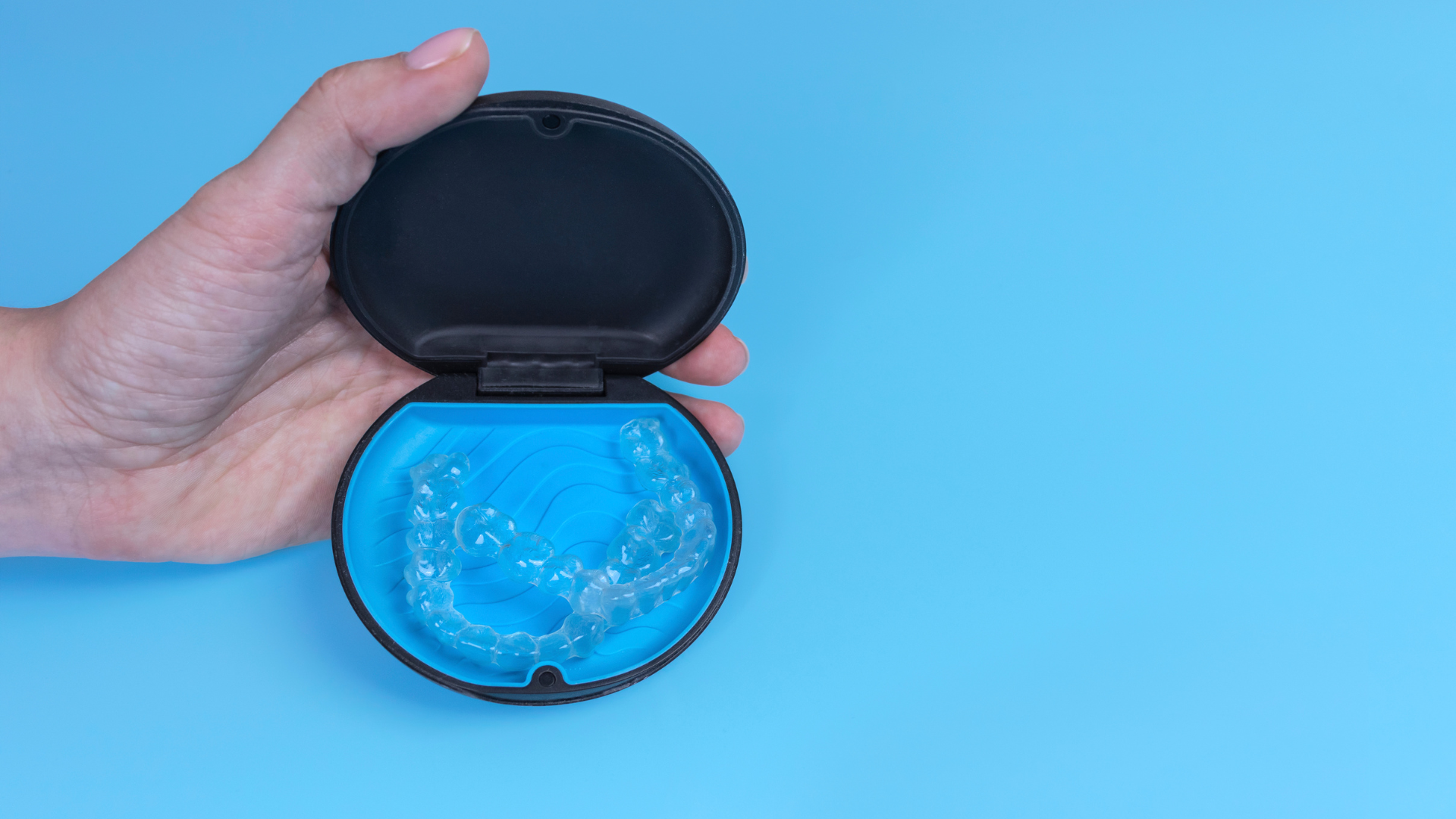Dental health is undoubtedly one of the pillars of overall health, and oral cleanliness is the foundation of good dental health. There are several dental techniques one can follow for effective oral cleanliness. Brushing and flossing are basic, but there are other things that can be done as well. Regular dental checkups and cleanings are also crucial, as they can help identify any potential problems early on.
Here are eight techniques and tips to help you keep your mouth clean:
1) Choose Your Toothpaste Wisely
Are you one of those who think all kinds of toothpaste are the same? If so, you're in for a surprise. Different kinds of toothpaste are available in Palo Alto stores, each with unique benefits. So, how do you select the right one for you?
First, it's important to understand that not all kinds of toothpaste are created equal. While some are for general use, others are for specific purposes, such as combating plaque or tartar build-up, whitening teeth, or fighting gum disease.
We recommend using fluoride-rich toothpaste as it helps keep your teeth healthy and cavity-free. Fluoride also helps harden your teeth and makes them more resistant to decay.
2) Eat Crunchy Veggies And Fruits
Eating crunchy fruits and vegetables is a great way to get your daily dose of fiber, vitamins, and minerals. Crunching on these foods can also help to clean your teeth (to an extent) and improve your dental health. Crunching on fruits and vegetables can also help keep your jaw muscles strong and healthy.
Increase the intake of teeth-whitening fruits and vegetables such as:
- Apples,
- Strawberries,
- Celery, and
- Carrots
Also, eat fruits rich in vitamin C, such as oranges, lemons, and grapefruit. You can also try drinking juice from these fruits.
3) Keep Intake Of Sugary Foods In Check
It is no secret that the US has a problem with a high intake of sugary foods. Sugar is everywhere in our diets, from obvious sources like candy and soda to hidden culprits like bread and pasta.
And while we know that sugar isn't good for us, it's hard to resist its sweet appeal.
But the truth is, we need to resist. Sugary food is one of the leading causes of tooth decay. When you consume sugary foods, the bacteria present in your mouth break down the sugar into acids. These acids can damage our teeth, which can lead to cavities.
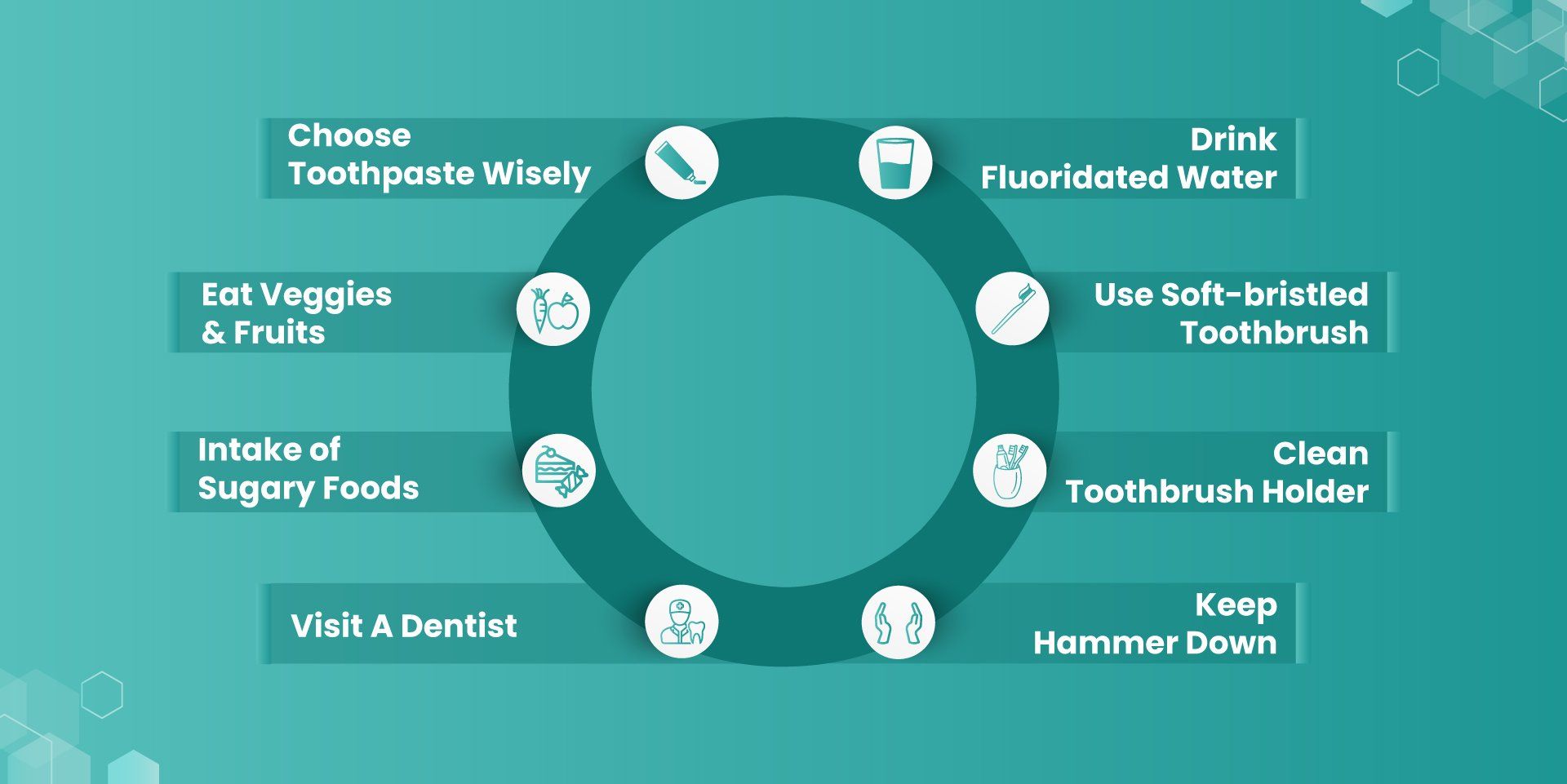
4) Visit Your Dentist Twice A Year
Dental problems can lead to life-threatening health issues, so keeping your teeth and gums healthy is important. Experts recommend you visit your dentist twice yearly for a checkup and cleaning. During your visit, your Palo Alto dentist will look for any problems with your teeth or gums and clean them thoroughly.
He or she will carefully examine your teeth and gums for signs of tooth decay, gum disease, or any other issues. They will use special equipment such as a dental mirror and a special light to see inside your mouth to check the condition of the inside of your mouth.
5) Drink Fluoridated Water
Studies show that drinking fluoridated water can help reduce tooth decay by up to 25 percent. This is great as tooth decay is one of the most common chronic diseases in children, affecting around 43.1 percent of American children aged 2-19 years.
Water fluoridation is the adjustment of fluoride levels in water supplies to achieve a community-wide reduction in tooth decay. The benefits of drinking fluoridated water are well-documented. Fluoridated water helps prevent cavities and tooth decay, making it a crucial part of oral health care.
It also helps protect teeth against future damage and can even reverse early signs of tooth decay. Also, fluoride provides important health benefits, such as accelerating the formation of new bone.
6) Go For A Soft-bristled Toothbrush
The bristles of a toothbrush play an important role in oral hygiene. They help remove plaque and bacteria from teeth and gums. But are you aware that your toothbrush can harm your gum? Your toothbrush must have soft bristles to avoid damaging the gums. Hard bristles can cause gum recession and increase the risk of cavities. They also tend to cause gum irritation.
7) Clean Your Toothbrush Holder
A toothbrush holder is one of those things in your bathroom that you probably don't think about too often. But, if you don't clean it regularly, it can become a breeding ground for harmful bacteria.
To clan your toothbrush holder
- Start filling your kitchen sink with hot water and adding a few drops of dish soap.
- Soak the holder for about five minutes, then scrub it with a sponge or brush.
- Rinse thoroughly and allow to air dry. You can also sanitize it by using a UV sanitizer.
8) Keep Your Hammer Down
If the only tool you have is a hammer, you tend to see every problem as a nail, they say. This applies to brushing your tooth, too, as the more you brush, the more damage you cause to your teeth by wearing down the enamel on them.
One must understand that the enamel on our teeth is incredibly strong but not indestructible. The damage can lead to tooth decay and other dental problems. Also, over-brushing can cause the gums to recede, exposing the tooth's sensitive root.



